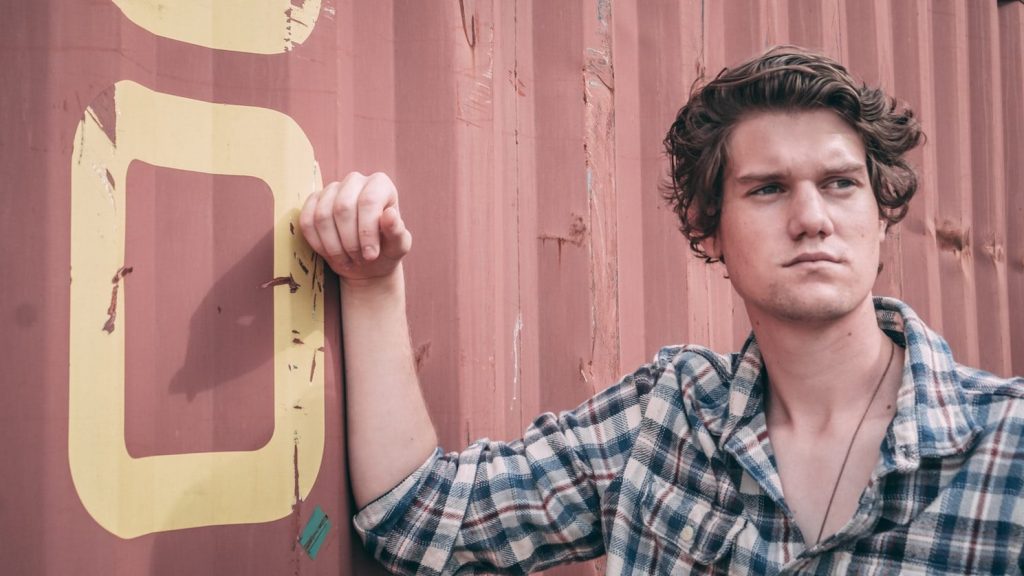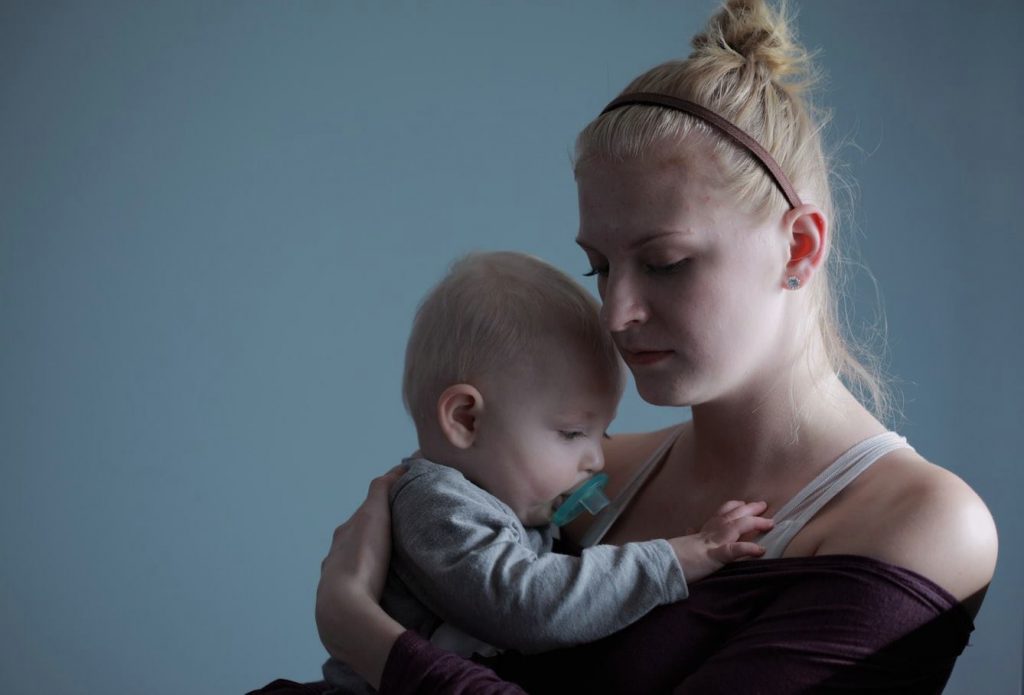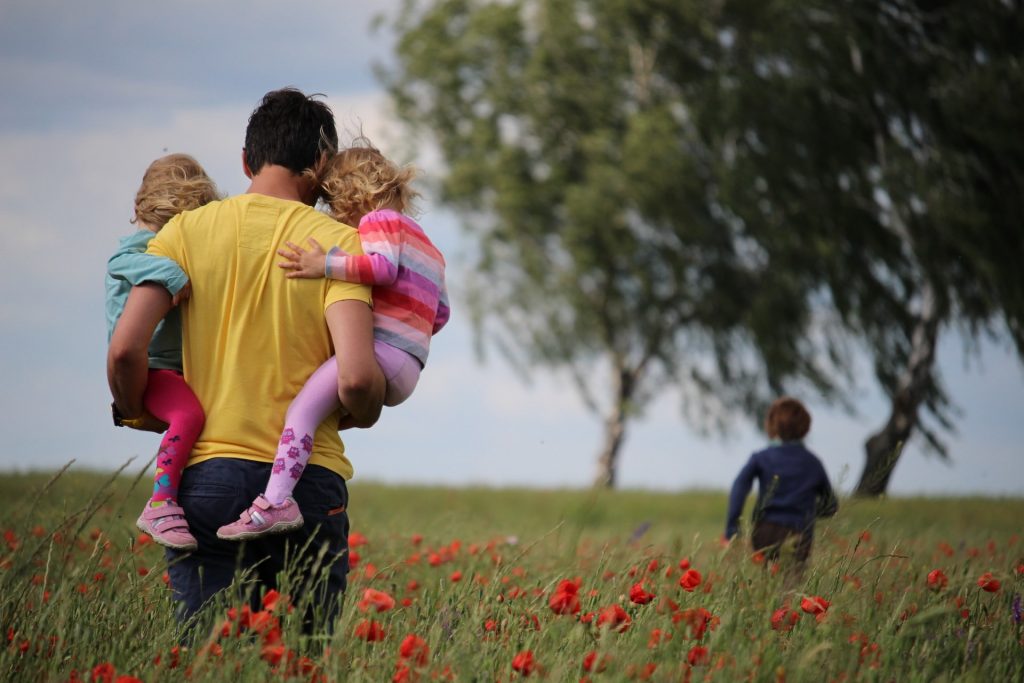by Brad Stanton
The year was 1995. Windows 95 was launched, Toy Story premiered in cinemas around the world, Gangsta's Paradise by Coolio was number one on the charts and the Bulldogs won their 7th NRL Premiership. It was also the last time unemployment support was increased in real terms. 25 years ago.

Photo: Jordan Koos
Despite calls from anti-poverty, not-for-profit and community organisations, unions, business groups, local and territory governments and several federal politicians, there is still a chance unemployment support could fall back to pre-Covid levels.
This simply cannot happen.
People who receive Jobseeker or other allowances have an income that is well below the poverty line which according to experts is around the $500 per week mark for a single person. The single rate of Newstart is $282 per week, which is more than $200 per week below the poverty line and less than 40 per cent of the minimum wage. Initially all jobseekers automatically were entitled to a $550 a week Covid supplement for six months which is due to end in late September.
Research by the University of NSW shows that even in 2016, the single rate of the then Newstart fell short by $96 per week to meet the cost of housing, food, basic health care and transport. They found that a single unemployed person needed a bare minimum of $434 per week to cover the cost of the basics. The gap has widened dramatically in the past four years.
Research from ACOSS revealed on average, that 84 per cent of recipients of Jobseeker or Youth Allowance were skipping meals every week to save money, with a large proportion skipping three to four meals.
“I eat one sachet of porridge, one tin of food, and one popper (for Vitamin C) a day. Sometimes I can't afford the porridge". -Voices of recipients ACOSS Survey
Between 54 per cent and 68 per cent of recipients don't use heating or cooling, can no longer eat meat, can’t buy fresh produce and only buy second-hand clothes. Many become forced into social reclusion, as they cannot afford a coffee, food, or the fuel to get there. Some are switching off hot water systems and fridges to save on electricity and chose to shower in cold water or showering as little as possible.
Adding to this, many recipients even go without other essentials such as medication or sanitary products simply because they don’t have the available funds. Some surveys show over two-thirds of recipients stated it had been over a year since they saw a dentist and a large percentage said it had been more than two years.
“Halve my dosages of medicines so they last longer. Don't make appointments for health issues. Don't access mental health services" - Voices of recipients ACOSS Survey
Over half of recipients have less than $100 per week left over after paying for housing costs which equates to a sickening $14 a day and a smaller percentage was left with $50 or less a week after housing.
In April 2019, Anglicare surveyed 69,000 properties across Australia and found only two that were affordable to a single person with no children on Jobseeker. None within a capital city.
“Don't get physio treatments to ease chronic pain." "Rarely leave the house to avoid spending money on meals, petrol, and activities." "Moved to a regional community for cheaper rent although there are fewer job opportunities". "Shower less often than I should to save money on water and gas, and don't use shampoo, conditioner or soap". "Don't buy all the prescription medication I require, only those absolutely necessary to maintain basic function". - Voices of recipients ACOSS Survey
Parents are really struggling to provide their children with the basics and often going without themselves to provide as much as possible. Many children also can't play sports, attend camps or excursions. Parents have been reported to go without just to protect their children from bullying, with the image that they must appear they are like the other children and not living in poverty.

Photo: Sharon mcCutcheon
We need to reduce poverty and inequality in Australia, and more than ever after the catastrophic year we have all faced. Australians can no longer be forced to try and survive on $40 a day while the cost of living, especially with utilities and housing rising steadily.
The Business Council of Australia states the rate of unemployment support is so low that it is acting as a major barrier to finding employment and right now with the last year being so unprecedented, there is only one job per 13 people applying. In regional areas, the statistics become more frightening. Australia has the lowest rate of unemployment support in the OECD even when combined with bonus payments such as rent assistance.
In Australia right now, jobs are being cut left, right and centre. We’re looking at a lost generation – with millions of Australians locked out of housing, unable to afford university, and forced into insecure work. 17,950 Australian jobs were lost last week alone. We haven't seen unemployment like this since the Great Depression.
Increasing Jobseeker and Youth Allowance by $95 per week would cost the government approximately 3.8 billion per year, less than a third of high-end tax cuts. It would not only pump money into local economies but will have the flow-on effect of creating new jobs and increase government revenue by over $1 billion a year. Trickle up, not trickle down.
with an additional $95 a week … "I would not stress out fortnightly about electricity and covering the basics such as health, dentist, petrol, food, etc." "This would help my esteem and help my health due to less stress and would make it easier to get a job as have better support to cover the basics". -Voices of recipients ACOSS Survey
In retrospect, the Government has just spent $270 billion on war machinery.
Lifting Jobseeker and Youth Allowance benefits entire communities but improve the lives of people individually. Health, mental wellbeing, security and need for charity, all improve, and food and housing becomes more affordable reducing the risk of homelessness and destitution.

Photo credit: Juliane Liebermann
Even with the Covid safety net, Jobseeker still only covers 75 per cent of the minimum wage.
We all have heard the bleating sheep of the Liberal government degrade people on Jobseeker and Youth Allowance with the broken tune of them being bludgers, and providing more money to them would be a disincentive to them seeking employment.
However, it was recently reported that employers have been inundated with job applications despite higher rates of welfare benefits, with numbers of applicants per job at the end of June 16 per cent above pre-coronavirus levels. How many times do we have to hear the inaccurate and demeaning message, that the unemployed on the temporary increase to payments, will opt for the dole (a word we need to rid our society of) over work.
“Instead of pushing people off a financial cliff based on what he says he heard from Barry down at the pub, the prime minister should invest in job-creating nation-building projects so everyone who wants a decent job can get one.” - Australian Greens leader Adam Bandt
What the government did not inform us of though was those figures show that of the 2,324 employers contacted for the government survey, only about 22 per cent of them said they were actually recruiting. Of those recruiting, only 139 reported that they were having or expected to have difficulty recruiting staff. Further, of those 139 having difficulty, only 72 cited lack of applicants as a reason; with main factors being that applicants lacked experience, employability skills or technical skills.
We should all continue to fight for fairness and equality, hope instead of fear, and positivity and dignity for all Australian’s. With our basic needs met, we can all thrive and grow - individuals, communities, societies and nations.
You too can join the movement by visiting Raise the Rate.


